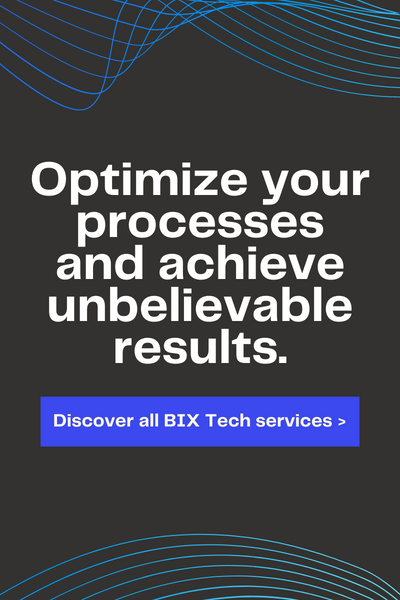
The importance of data for your business
Important data for the success of your business are all around you, but not everyone knows how to use them correctly. Having countless benefits, data are the most important assets of companies, since they are characterized as one of the main tools used to support more strategic decision-making.
Helping not only in defining points, such as new investments, cutting costs, optimizing processes, and launching new products, the data also optimizes the target segmentation of potential customers. We recommend that if you’re not already tracking your data, now might be a good time to start.

Photo by JESHOOTS.COM on Unsplash.
Why? Here are several reasons why!
Data can help show you what’s going on in your business – giving you some insight into what may have gone wrong and where. It can also give your business insight into how well it’s performing – so that it can change course if necessary.
It also provides an opportunity to try new marketing strategies – because your data allows you to understand how customers are interacting with your brand, what they like and don’t like, and how you should focus your efforts in the future. Besides Data can help you save money by showing you that budgets are being used in the right way and it can also show you where there is room for savings.
Data can also keep your business running smoothly on a day-to-day basis. For instance, if it shows that orders are being placed correctly, or that costs are being managed correctly, then it can ensure your process is as efficient as possible.
When it comes to data, what you’re looking for will depend on the size and needs of your business. Do you need to track financial information or simply understand how customers are interacting with your brand? Perhaps you need detailed customer service metrics or want to see in real-time how well your social media marketing is working. All data is useful in some way. As long as it provides actionable insight into your business it’s worth looking into.
The most successful businesses out there all have one thing in common: they use data to understand how their business is performing. Most of them follow a specific data-driven methodology to derive actionable insights and make business decisions. The process is known as Business Intelligence (BI). Regardless of the needs or size of your business, BI can add significantly to your bottom line – if you dive into it with all guns blazing.

Photo by UX Indonesia on Unsplash.
Business Intelligence: a field guide
Business intelligence describes methods used by companies to collect and analyze information to make management decisions. Companies use BI to report on the success or failure of various departments within the organization. It allows executives to monitor the performance of their business and make strategic decisions.
How to collect and analyze data in your company?
Data can be collected in several ways. However, the most popular way is to track sales and marketing performance by tracking everything from customer acquisition to customer retention. The next most popular use of BI is to monitor customer service performance, and this is also highly likely if you employ call centers within your business. Either way, the data must be read into a BI system that allows for both analysis and reporting.
If you are looking for help on how to optimize your data collection and analysis, click here and schedule a conversation with one of our consultants specialized in this subject.
Don't miss any of our content
Sign up for our newsletter
Our Social Media
Most Popular

Didn’t find what you were looking for?
Get in touch with our team (786) 558-1665 or send an email to [email protected]. If you prefer, click here and schedule an appointment.







